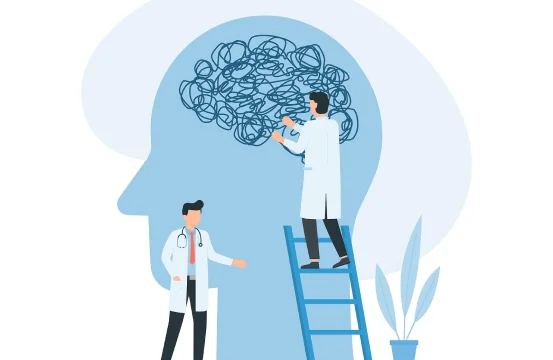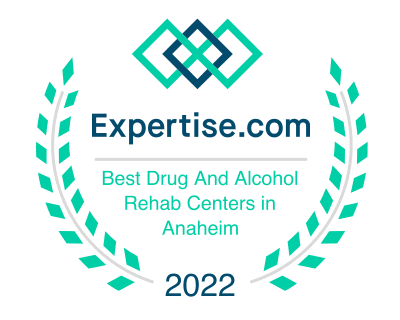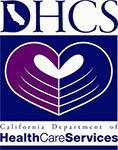Relapse Prevention Program
Empowering Long-Term Sobriety

At Domus Retreat, we understand that maintaining sobriety after overcoming substance use disorder is a lifelong commitment, often fraught with challenges. The fear of relapse can weigh heavily on individuals, even after completing treatment or entering recovery.
Our Relapse Prevention Program is specifically designed to provide ongoing support, equipping individuals with the tools and strategies they need to sustain sobriety and lead healthier, more fulfilling lives.
Understanding Relapse
At Domus Retreat, Naltrexone treatment is prescribed by our experienced medical director, based on each patient’s unique health status, candidacy, and personal preferences.
Most of our patients first detox at an accredited hospital, where they receive the Vivitrol shot or start their Naltrexone therapy. Our direct connection with Waismann Method Opioid Treatment Specialists sets us apart from traditional rehab programs, providing patients with detox opportunities not available elsewhere.

Relapse is a common, yet preventable, aspect of recovery from substance use disorder. It involves returning to substance use after a period of abstinence and can occur for many reasons, including stress, trauma, exposure to triggers, and unresolved mental health issues.
At Domus Retreat, we help individuals understand that relapse does not signify failure but is a potential part of the recovery journey. What matters is learning how to recognize and address the signs before they escalate. Here are key insights we emphasize:
- Relapse is not a sign of failure: Many individuals experience relapse during recovery, but this does not mean recovery efforts are wasted or unsuccessful. Understanding that relapse can be a learning experience helps individuals move forward.
- Identifying triggers: Recognizing the specific triggers that lead to relapse—such as stress, emotional states, social settings, or environmental cues—is crucial for relapse prevention. We guide individuals in identifying and managing these triggers.
- Developing healthy coping strategies: Managing cravings and triggers requires effective coping mechanisms. Techniques such as mindfulness, physical exercise, or engaging in fulfilling social activities can help individuals navigate challenging moments.
- Seeking ongoing support: Staying connected to a specialized support system, including individual therapy, group sessions, or community support groups, can be invaluable for preventing relapse.
- Creating an action plan: Having a detailed plan in place when facing cravings or triggers is essential. Whether it's reaching out to a support group, contacting a therapist, or seeking professional help, having a strategy can make the difference between maintaining sobriety and relapsing.
At Domus Retreat, we focus on giving individuals the knowledge and tools to anticipate and prevent relapse, supporting their long-term recovery journey.
Our Comprehensive Approach to Relapse Prevention

Unlike traditional programs with rigid protocols, our relapse prevention approach at Domus Retreat is entirely customizable. There is no set protocol or fixed length to our program because we believe recovery is not a one-size-fits-all process. Each individual is unique, and their program should reflect their personal needs, health status, and capabilities. This flexibility allows us to create treatment plans that work with the individual, not against them.
-
Individualized Treatment Plans
We create customized treatment plans for every individual. Our experienced team works closely with each patient to design a plan that reflects their unique recovery journey. Whether someone is newly in recovery or has been sober for years, our individualized approach ensures that treatment aligns with their evolving needs. -
Safe and Comfortable Environment
The environment at Domus Retreat is intentionally designed to foster healing and peace. With private suites, nutritious meals, and serene surroundings, our retreat offers a home away from home where individuals can focus on their recovery. Guests have the option to keep their cell phones and laptops in their suites, allowing them to stay connected and manage personal or work-related responsibilities in complete privacy. Amenities such as a swimming pool, hot tub, gym, and quiet spaces for relaxation help individuals balance their emotional and physical health, all within a supportive and tranquil setting. -
Therapeutic and Experiential Activities
We incorporate a range of therapeutic and experiential activities that help individuals build resilience, develop new skills, and reconnect with the joy of life. These activities are essential in maintaining sobriety and preventing relapse:
- Improved Emotional Health: Through therapy and experiential activities, individuals develop emotional resilience and learn healthy coping strategies. These tools help manage stress, anxiety, and depression—common triggers for relapse.
- Enhanced Physical Health: Our program emphasizes the importance of physical well-being. From nutritious meals to activities like yoga and swimming, we support individuals in maintaining their health, which is crucial for sustained sobriety.
- Increased Self-Awareness: We help individuals deepen their understanding of themselves and the root causes of their substance use. This self-awareness is key to managing cravings and avoiding future relapses.
- Supportive Community: Our program fosters a strong sense of community among participants. Surrounded by peers and professionals who understand the challenges of recovery, individuals receive the encouragement and support necessary to stay on track.
- Flexibility: Every recovery journey is different. Our program is flexible, allowing individuals to customize their stay and the activities they participate in, ensuring their experience meets their specific needs and goals.

How to Begin Your Journey Toward Lasting Sobriety
If you or a loved one is struggling with substance use disorder and are concerned about the risk of relapse, Domus Retreat’s Relapse Prevention Program can provide the necessary tools and support to maintain sobriety. Our experienced team is dedicated to helping individuals achieve lasting recovery and reclaim their lives.







